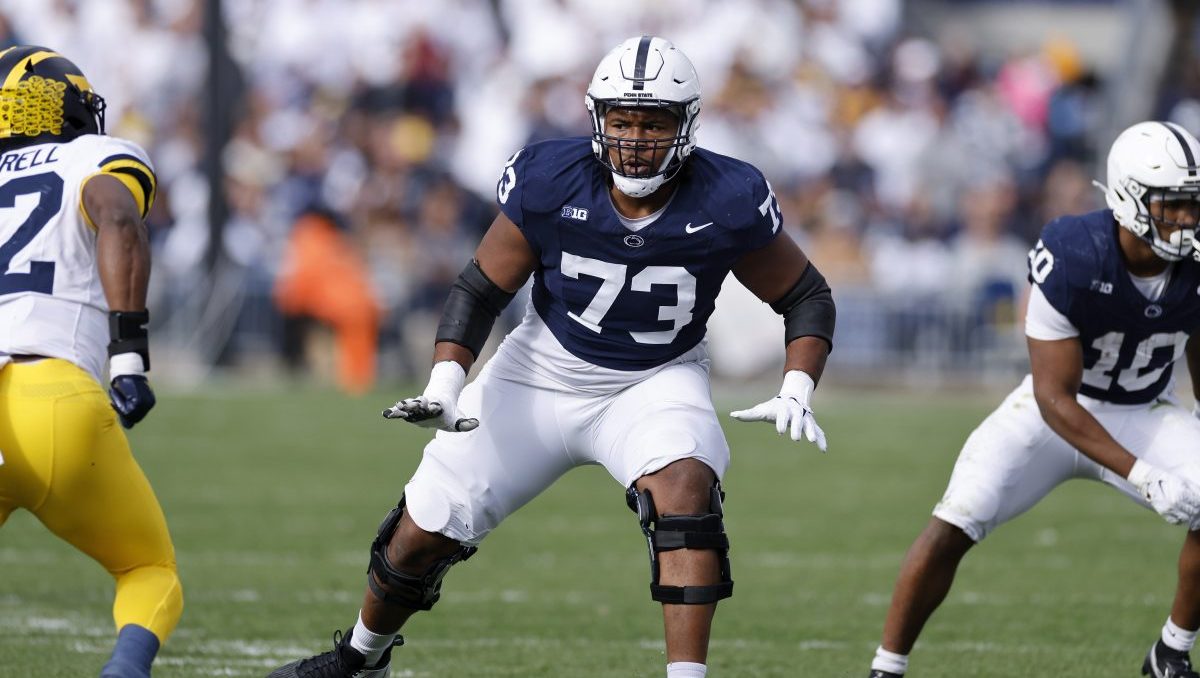For weeks, Luisa Weiss and her family have been under a soft lockdown inside their home in Berlin.
"We really haven't done anything besides going to the grocery store and, you know, stretching our legs outside," she said.
Weiss, an author and freelance translator, grew up in Massachusetts before relocating to Germany about 10 years ago.
Following the news in Boston, where she still has family, Weiss said life in the two cities has been much the same over the past several weeks, as local governments grappled with a surge of coronavirus cases.
But after reporting some 150,000 cases nationwide, Germany is taking early steps to restart its economy this week, offering a blueprint that could help officials in New England chart their own course in coming weeks.
Nationwide, the German government eased restrictions Monday on car dealerships, bicycle shops and book sellers, and brick-and-mortar stores up to 800 square meters were allowed to reopen.
Public health officials credit Germany's early, widespread coronavirus testing and its robust health care system for positioning the country to bring the epidemic under control.
Local
In-depth news coverage of the Greater Boston Area.
Berliners also did their part, Weiss said, respecting social distancing guidelines and showing solidarity with the government.
"The only way we're going to get through it is if people really work together and consider the whole collective experience," she said.
Elsewhere in Europe, some countries are following suit.
In the Czech Republic, outdoor athletic facilities are back open. In nearby France, students will return to the classroom as early as May 11. And in Spain, construction workers and some other laborers are back on the job. Police there are handing out some 10 million masks.
In Italy, where the disease has killed more than 25,000 people, the government is weighing when to lift the strict lockdown put in place March 9. Prime Minister Giuseppe Conte said this week that he is eyeing May 4 as a probable date to ease restrictions on schools and businesses.
Dr. Sergio Romagnani, an epidemiologist at the University of Florence, said one important change in the health system's approach to the virus is moving sick people into hotels to protect their families. In Italy, where it's common for multiple generations of family members to live together, transmission of Covid-19 continued during the lockdown, suggesting many family members likely passed the disease to relatives, Romagnani said.
"The family contagion was one of the most important cause(s) of the fact that we have still very high numbers," he said.
Other parts of the world have kept the disease in check without widespread lockdowns.
Despite its proximity to mainland China, where the pandemic began, Hong Kong has seen only around 1,000 cases to date, and only four deaths. And after a flare-up in March, the semi-autonomous Chinese territory reported zero new cases for the first time on Monday.
Dr. Ben Cowling, a professor of infectious disease epidemiology at the University of Hong Kong, says massive levels of testing and sophisticated contact tracing were two keys to the region's success.
Authorities in Hong Kong recognized the threat of emerging infectious diseases after the 2003 SARS epidemic, and built capacity for laboratory testing, administering a gamut of tests to anyone who exhibits symptoms of pneumonia, Cowling said. Hong Kong also ramped up hospital capacity in recent years, creating some 1,400 beds in negative pressure rooms to isolate patients with contagious diseases.
All COVID-19 patients are now isolated in hospitals, and their close contacts are kept in mandatory quarantine. Hong Kong converted holiday camps into quarantine zones, which are guarded with strict security.
"If you want anything, they'll get it for you," Cowling explained. "You can order your online shopping, your food."
Early, widespread use of masks is another factor that contributed to Hong Kong's success in disrupting transmission of the virus, Cowling said. In a recent study, 99% of Hong Kong residents reported wearing masks when they leave their homes.
Hong Kong also closed its borders in March – a step that Cowling said might be more difficult for authorities in Massachusetts to emulate.
"I think in Massachusetts, it'll be difficult because you've got so many connections with states around you, so you can't have the same restrictions on travel," he said.
In nearby Taiwan, there are similarities to Hong Kong's approach, such as temperature scanners at malls and apartment buildings. Masks are also ubiquitous. They're covered by Taiwan's national health insurance system, and they're now so abundant that they cost about 20 cents a piece.
Taiwan also learned valuable lessons from the SARS outbreak more than a decade ago, said Dr. Jason Wang, a Stanford University professor who recently studied the country's response to COVID-19. Like in Hong Kong, quarantine is mandatory in Taiwan, though officials have taken pains to make it a pleasant experience, Wang said, including paying those in quarantine about $33 a day – a typical day's wage there.
"You get paid for staying home, watching TV, surfing the internet, and have food brought to you – like room service – and have people check up on your symptoms," he said.
With only six deaths to date, Taiwan is also an example for leaders in the west of how to manage the crisis within the framework of a democracy, Wang said.
"And that's the current debate, right?" he said. "Can democracies actually handle this crisis? And the answer is yes. If you're prepared."



